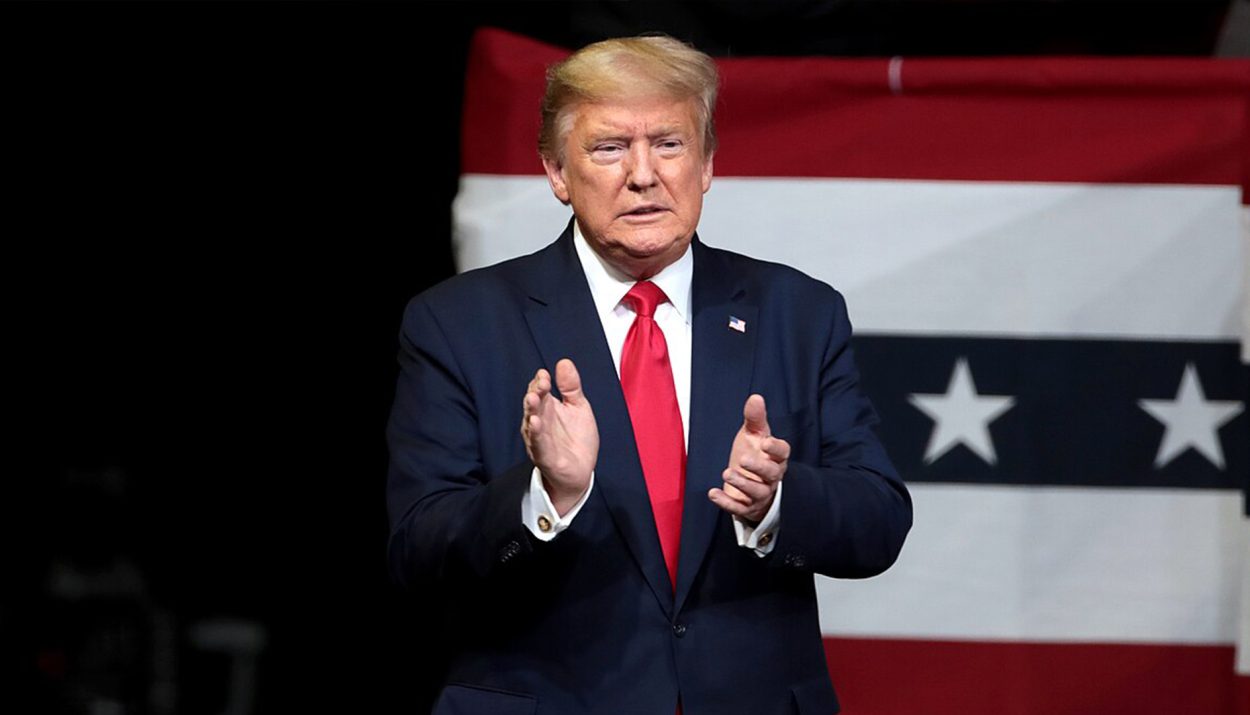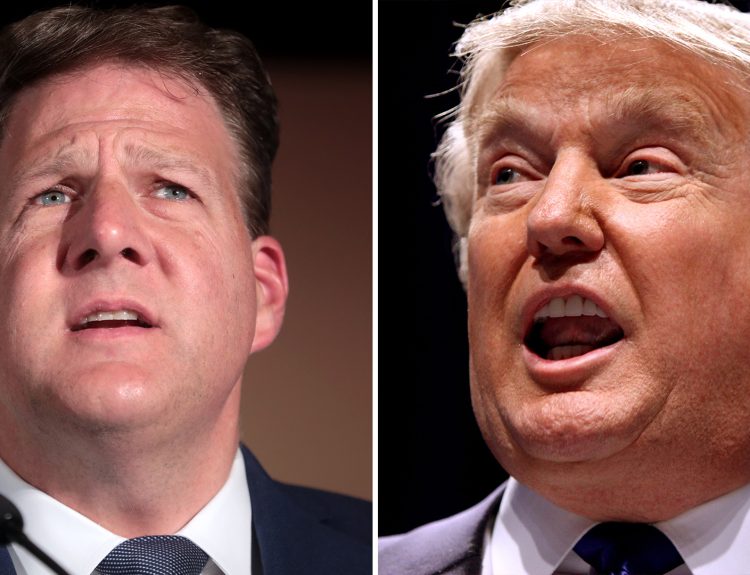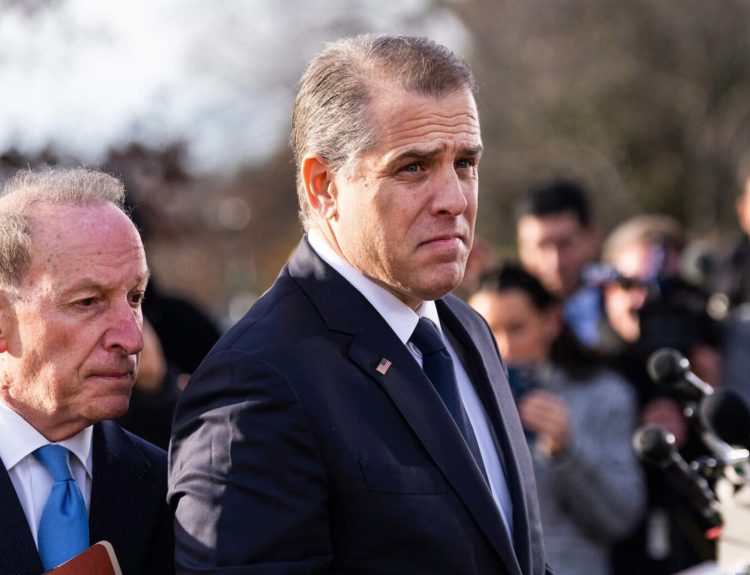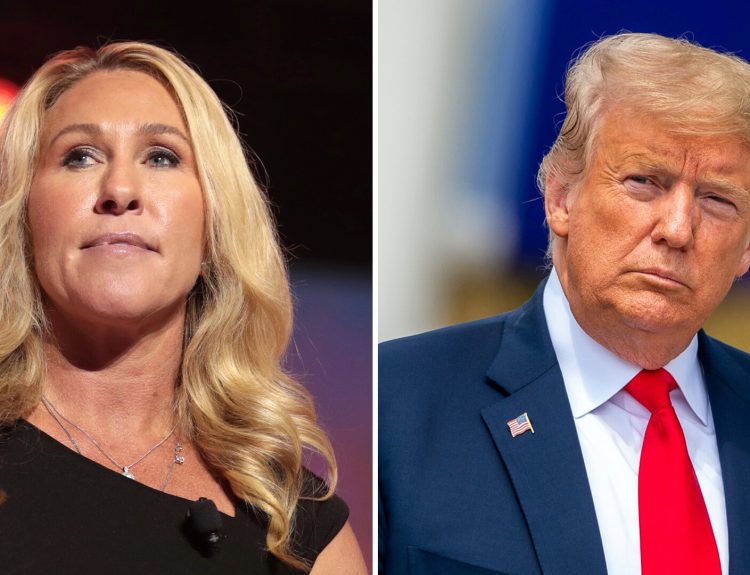CNN and MSNBC interrupted their coverage from former President Trump’s comments after the Supreme Court hearing, as CNN’s panel found his remarks more focused on himself than the actual legal matters.
Legal Analysis
The CNN panel burst into laughter as Jake Tapper, the host, said,”OK, I think we’ve gotten all the legal analysis we’re going to get out of President Trump.

It’s odd there, because this was actually an opportunity,”
Trump’s Remarks
George Conwat, a CNN panelist, continued to laugh at Trump’s remarks.
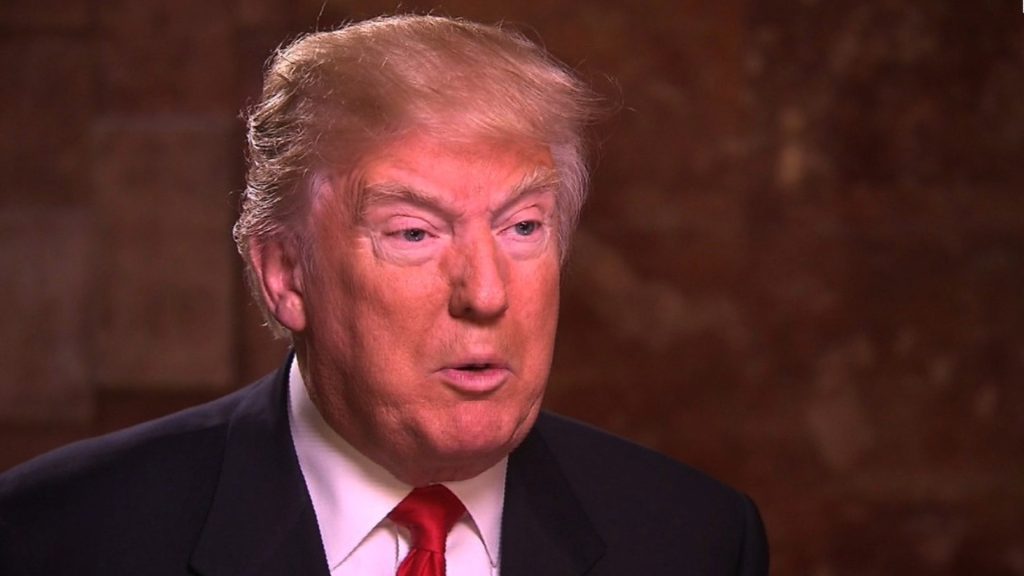
He suggested that Trump only wanted to discuss himself.
The Supreme Court
Conway said, “He wants to talk about himself, he doesn’t want to talk about the Supreme Court and say, ‘Oh, the Supreme Court did a nice job today,’”

“He just wants to talk about what’s on his mind.”
Good Development
CNN Jamie Gangel said, “Someone didn’t tell him that this sounded like good news for him, today, clearly. It wasn’t just the rambling, sort of campaign speech,
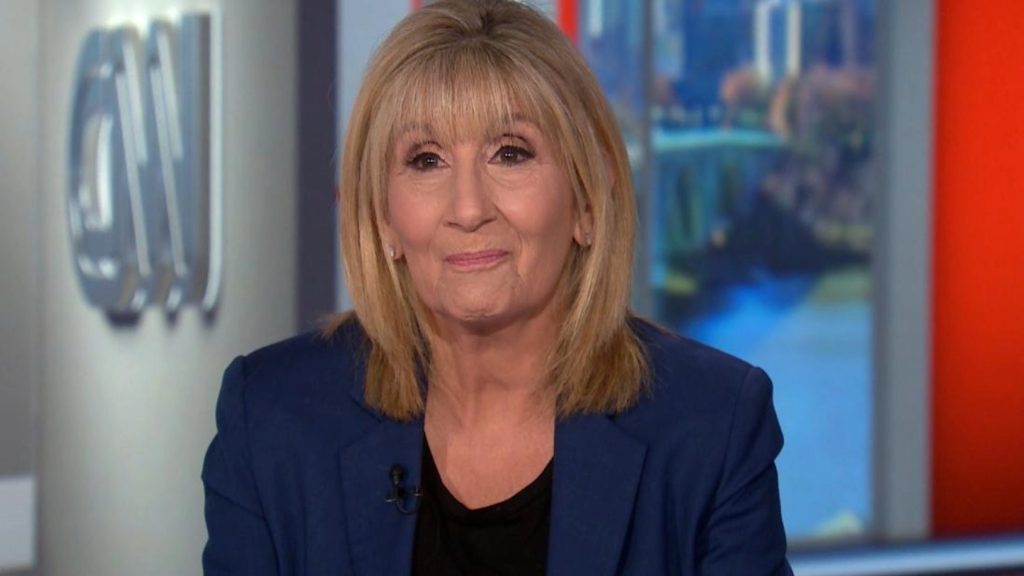
but if he had simply listened to the analysis afterwards, he would know that it sounds like he’s in good shape.”
Multiple Times
The networks only briefly aired Trump’s comments, however they cut away many times,

with CNN returning to discuss Supreme Court analysis and MSNBC citing concerns about airing “lies.”
The Application
The Supreme Court decision, which pertained to the application of Section 3 of the 14th Amendment in disqualifying individuals from holding office,
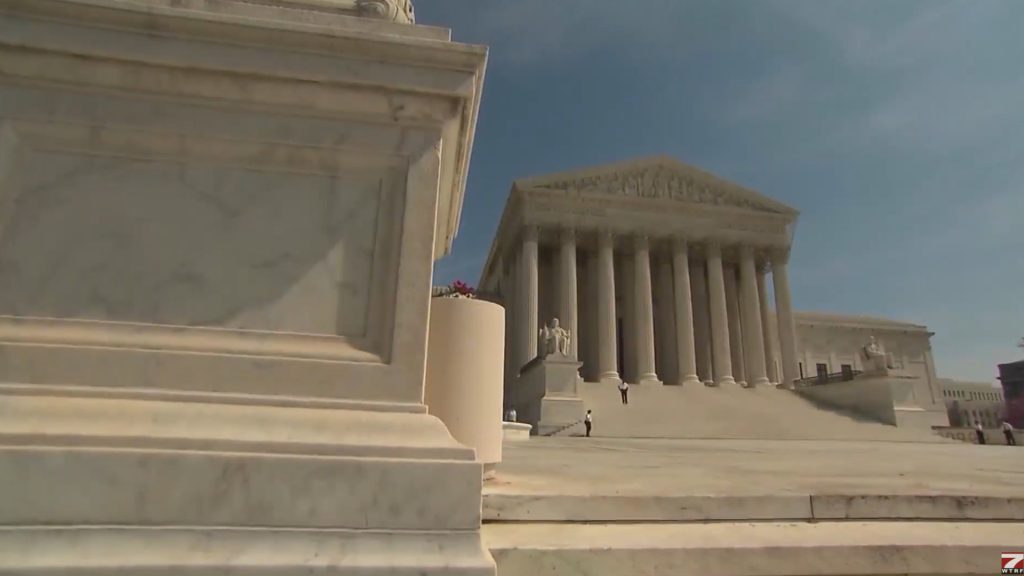
This has sparked serious debate and scrutiny, particularly as it intersects with constitutional interpretations and the prerogatives of states and Congress.
The Jurisdiction
The court’s general consensus underscores that Congress, and not only the states, has the authority to enforce Section 3 of the 14th Amendment,

A provision implemented in the aftermath of the Civil War to disqualify individuals who had previously supported the Confederacy from holding office.
Alleged Participation
The Supreme Court maintained that the states could not disqualify former President Donald Trump from the ballot
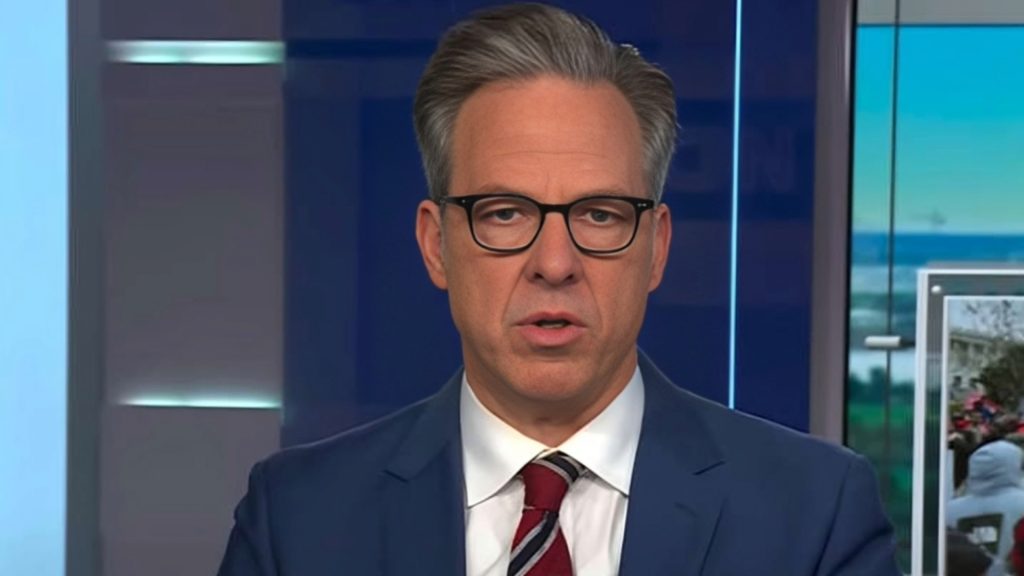
Under the allegations that he was involved in the January 6, 2021, attacks on the U.S. Capitol.
Heated Debate
Legal and constitutional ramifications have brought on heated debates among legal scholars and political analysts.
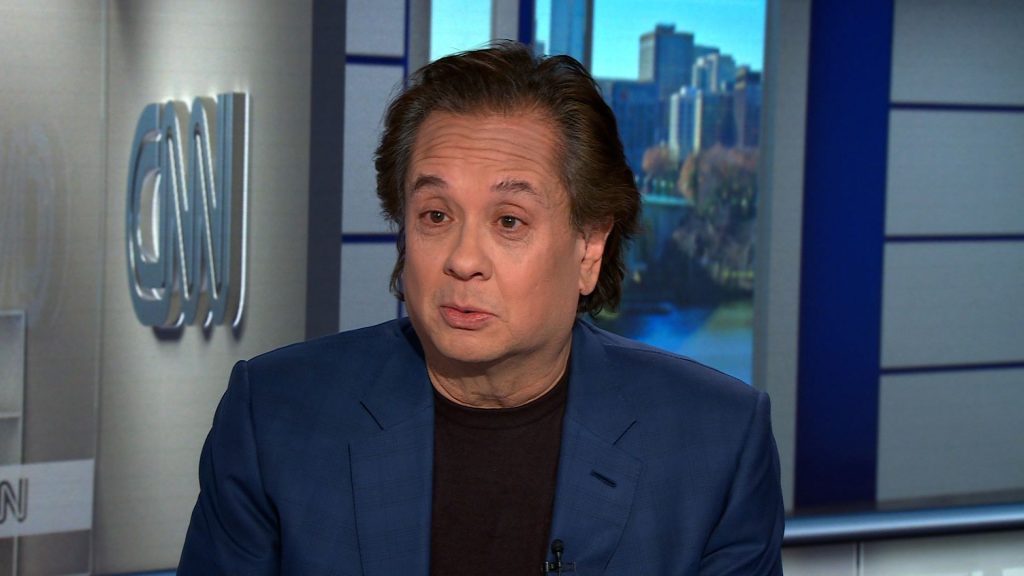
And they are only increasing in intensity.
Essential Questions
By confirming Congresses sole jurisdiction to implement Section 3 of the 14th Amendment, the Supreme Court’s decision brings up critical questions about the divide in power between the federal government and the states,

Including the interpretation and implementation of constitutional provisions related to disqualification from holding office.
Legal And Doctrinal Factors
The multiple interpretations and positions highlight the complexities
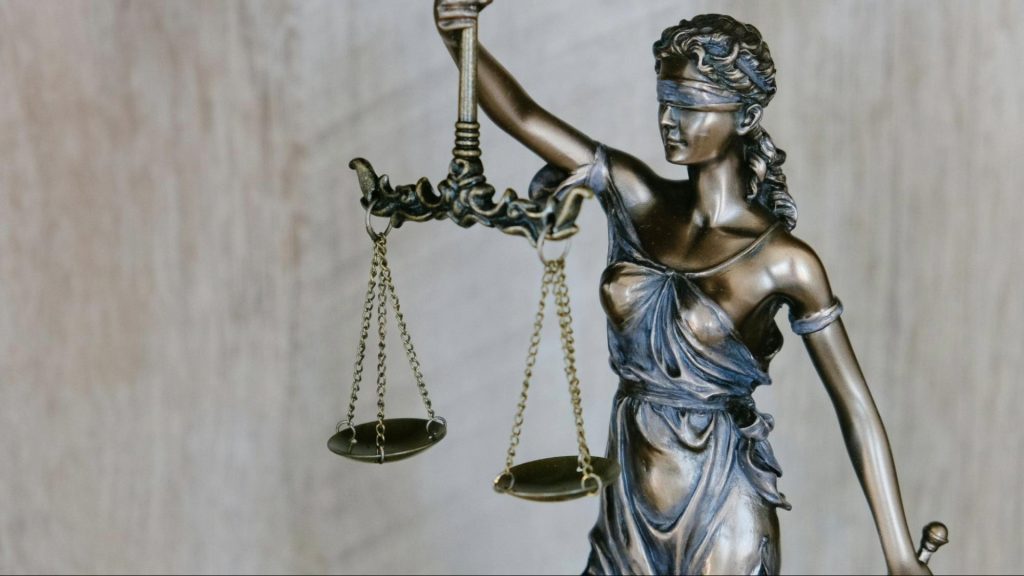
in the legal and doctrinal considerations that are at play in the discussions.
The Members Of The Court
The decision also revealed differing perspectives amongst members of the court, with the vast majority concluding that Colorado cannot remove Trump from the ballot.
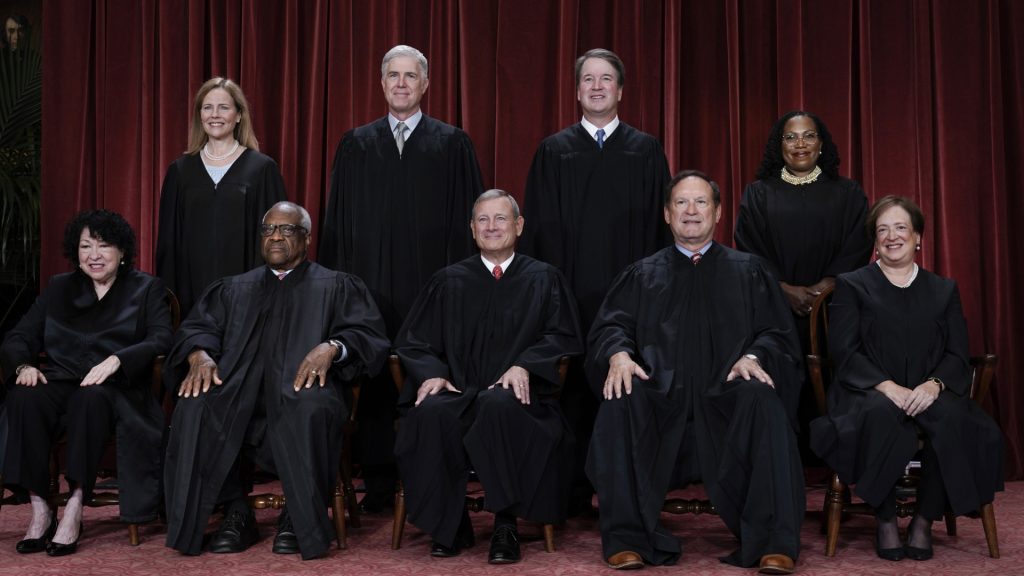
Despite this, Justice Amy Coney Barrett, along with Justices Sonia Sotomayor, Elena Kagan, and Ketanji Brown Jackson, expressed dissenting views, making the argument that the court should have abstained from deciding beyond the specific case.
Case Involving The Ballot
The Supreme Court’s decision on the Trump ballot case brings significant electoral and political consequences.

Specifically as it pertains to the impending Super Tuesday primaries in 16 states and on territory.
The Implementation
The ruling paves the way future legal proceedings and proceedings that are related to the enforcement of Section 3 of the 14th Amendment,
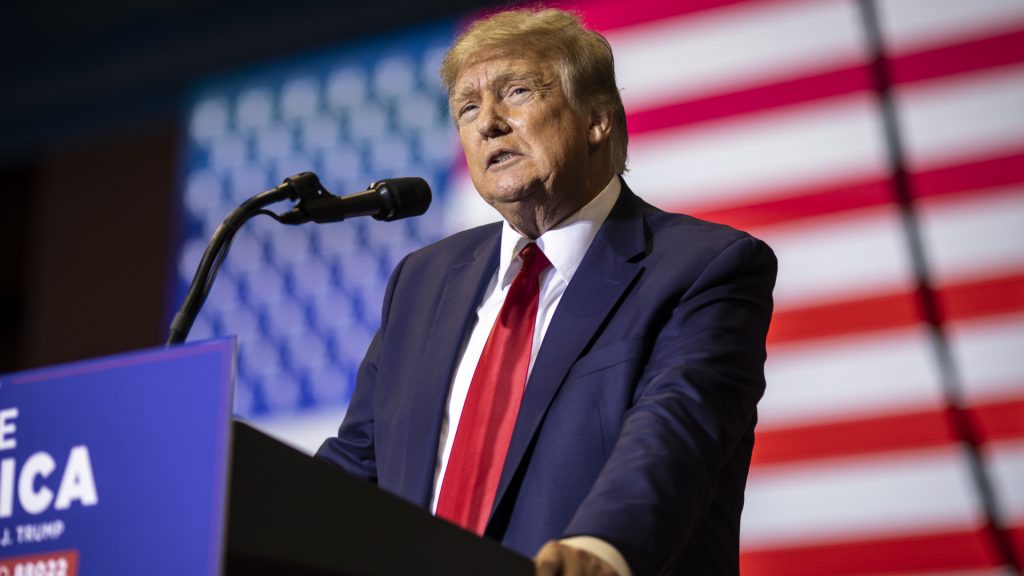
This has ongoing significance for cases that involve disqualifying someone from holding office based on historical allegiances and actions.
GOP Nomination
The decision doesn’t just affect Trump’s position in the Republican nomination race,
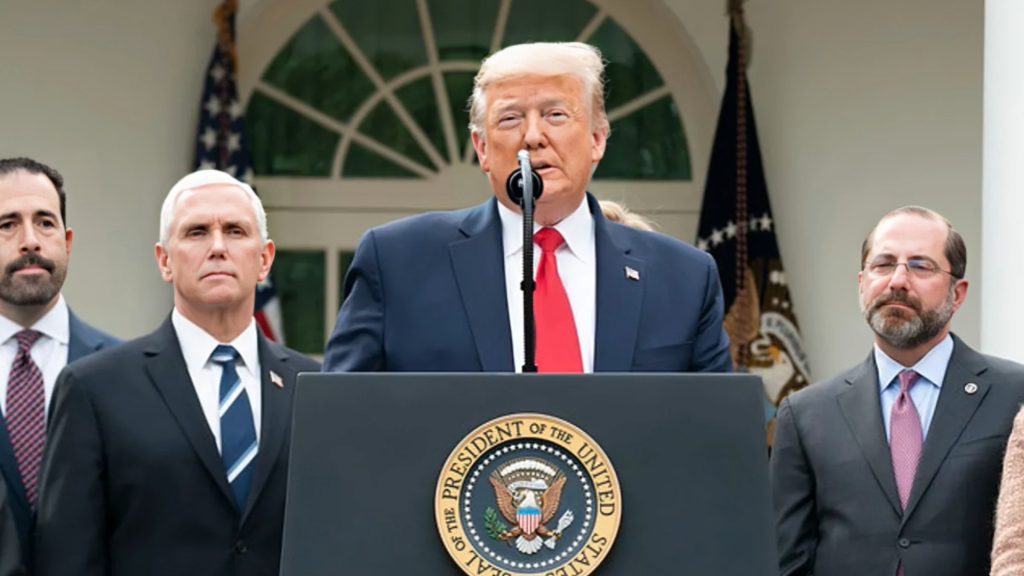
But also highlights the legal precedents and ramifications for future electoral processes and candidates facing similar disqualification challenges.
Legal Environment
The aftermath of the decision is anticipated to mold the legal landscape that surrounds the constitutional provisions

and their application in the context of electoral eligibility and disqualification.
Voting Process
The rulings affect on the legal discussions, electoral procedures, and the larger political environment
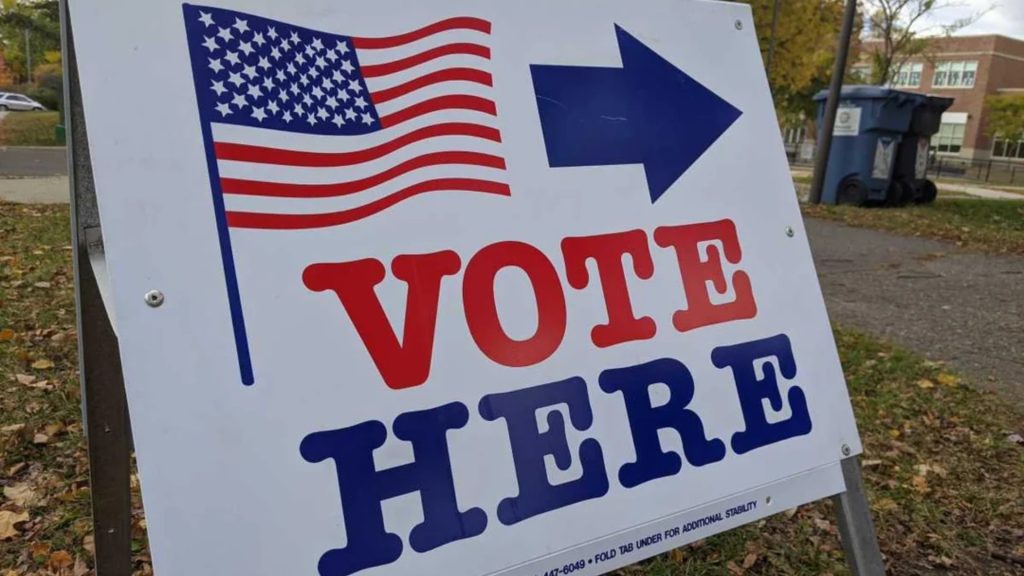
Highlights its importance as a pivotal turning point in the ongoing conversation about the constitutional provisions and their applications in modern contexts.
Critical Moment
The Supreme Court’s decision on the Trump ballot case signifies a pivotal moment in the crossroads of the constitutional interpretation,
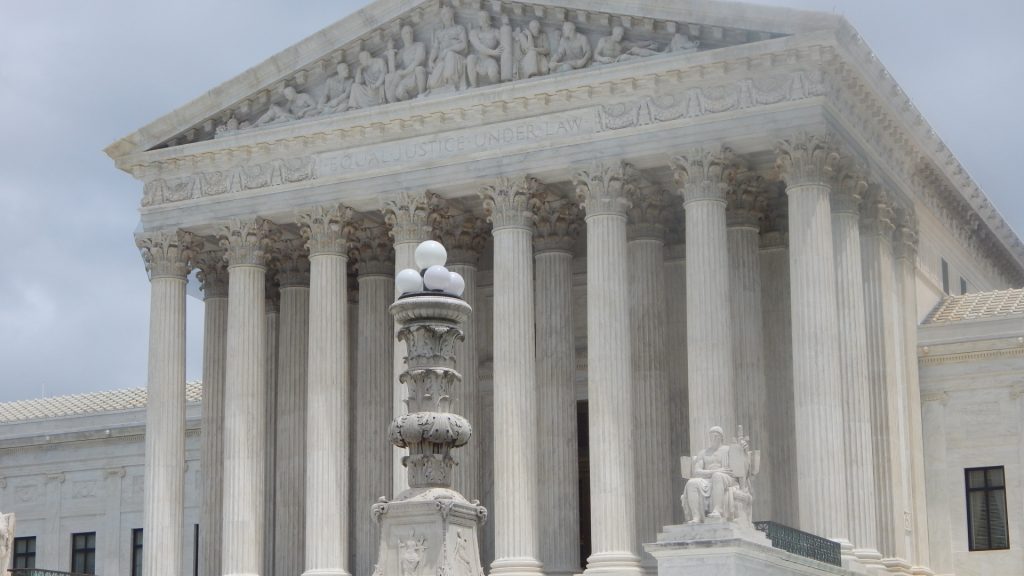
electoral eligibility, and the division of powers between the federal government and the states.
The Trump Ballot Case
The Supreme Court’s determination on the Trump ballot case indicates a consequential and multifaceted development, shaping legal precedents,
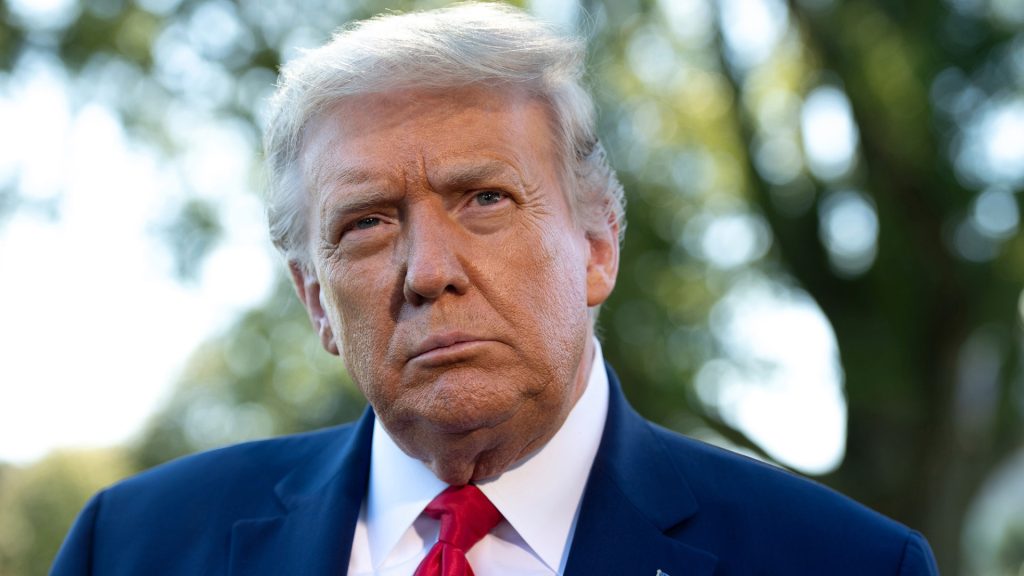
electoral processes, and the broader constitutional discourse.

